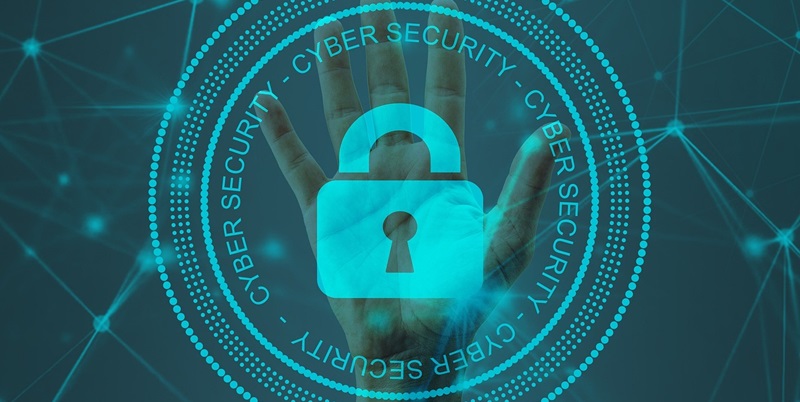Artificial Intelligence (AI) stands as a crucial ally in the battleground of cybersecurity, helping to shield organizations from the wave of complex cyber threats. AI’s remarkable ability to quickly process and understand large datasets is essential for enhancing cybersecurity protocols. By integrating AI into their defenses, organizations can quickly identify and respond to potential security breaches, making their cybersecurity efforts more resilient. The inclusion of AI allows for real-time threat analysis, predictive threat modeling, and automated responses to security incidents, which is invaluable in a digital age where threats evolve rapidly. AI-based tools can detect patterns and anomalies that could signify a cyberattack, often before human analysts would notice anything amiss. Moreover, AI systems continually learn and adapt to new threats, ensuring that cybersecurity measures evolve in tandem with the threat landscape. The deployment of AI in cybersecurity offers a proactive approach to defense, enabling companies to stay ahead of cybercriminals and protect their digital assets more effectively. This synergy between AI and cybersecurity is redefining how organizations protect themselves in an interconnected world.
Clarifying Aims and Parameters
The initial step in integrating AI into cybersecurity is to ensure that the objectives of the AI-driven security measures are in harmonious alignment with the organization’s overarching goals. AI can serve as a powerful ally when its deployment is meticulously tailored to address the unique security needs inherent to each enterprise. Identifying such nuanced vulnerabilities requires a keen understanding of the organization’s infrastructure, the sensitive data it harbors, and the various compliance obligations it must adhere to.
To successfully embed AI into the cybersecurity fabric, it is imperative to map out the specific threats and risks particular to the organization. These could range from sector-specific menaces to broad digital exploitation techniques such as data breaches, phishing, or ransomware attacks. Comprehensive recognition and enumeration of these threats are the foundation upon which AI can be programmed to detect, analyze, and neutralize cyber risks with precision.
Forming an Incident Management Group
Effective cybersecurity is not a solo endeavor but a collaborative effort requiring a multi-disciplinary approach. Assembling an incident response team is crucial, and with AI, the composition of this team can evolve. Including AI specialists along with traditional roles in IT, legal, and communications ensures a comprehensive tactical unit ready to tackle cyber emergencies from every angle.
AI’s real-time data analysis capabilities augment the team’s ability to make swift decisions. The algorithmic prowess of AI helps in triaging incidents based on severity, predicting the likely trajectory of an attack, and suggesting the most effective containment strategies. The incident management group, with AI as an integral component, transforms into a more dynamic, responsive, and effective task force for managing cyber threats.
Developing Incident Response Protocols
In the event of a cyber incident, time is a critical factor. AI accelerates the response by enabling the implementation of predefined action sequences. These protocols prevent delays that could exacerbate the situation, allowing the organization to quickly regain control. AI-driven systems are capable of autonomously executing these sequences, such as isolating affected networks or flagging anomalous activities.
Having clear-cut procedures for initial response and subsequent investigation is essential. AI helps in formulating these procedures by simulating various threat scenarios, offering insights into the most effective responses. By doing so, it assists in creating robust and adaptable strategies that factor in an array of potential cyber incidents.
Instituting Communication Guidelines
One of the defining traits of effective incident management is transparent communication. AI contributes significantly to this aspect by providing tools for real-time alerts and situation updates. The AI framework can be designed to automatically notify internal and external stakeholders, ensuring that everyone is apprised of the latest developments and that the organization maintains credibility during crisis management.
Moreover, AI supports decision-making on what and when to disclose information regarding cyber incidents. Establishing these communication protocols upfront, with AI’s ability to analyze the impacts of communicated information, maximizes the efficacy of the outreach efforts following an incident, thereby fostering trust and demonstrating an organization’s commitment to proactive cybersecurity management.
The journey to infuse AI into cybersecurity is one of continuous adaptation and strategic planning. Organizations committed to safeguarding their digital assets are increasingly recognizing AI’s potential to innovate their cybersecurity approaches, ultimately enhancing their resilience in the face of an unpredictable and sophisticated cyber threat landscape.

